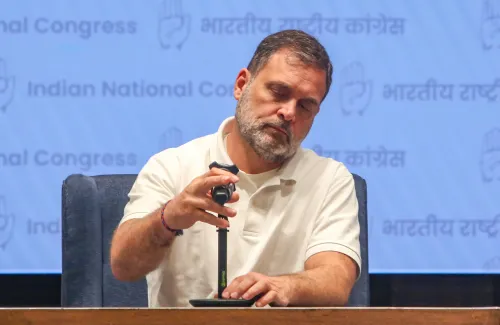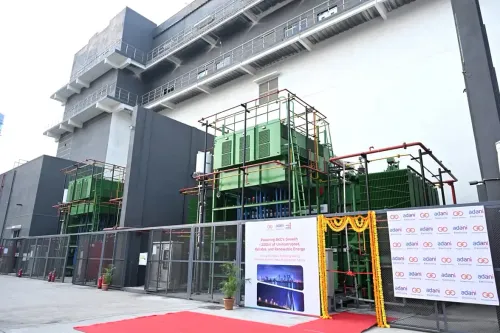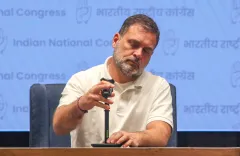How Can a National Strategy on Ageing and Mental Health Combat Alzheimer’s in India?

Synopsis
Key Takeaways
- India requires a comprehensive national strategy for Alzheimer’s care.
- Integrating cognitive health screening in primary care is essential.
- Investment in long-term care models is crucial.
- Community-based support systems enhance accessibility.
- Public-private partnerships can expand the reach of memory clinics.
New Delhi, Oct 11 (NationPress) Health experts emphasize the urgent need for a national strategy on ageing and mental health to address the escalating prevalence of Alzheimer’s disease in India. In an editorial featured in the Indian Journal of Public Health, specialists from the Ministry of Health and Family Welfare and M M Medical College and Hospital in Himachal Pradesh underscored the importance of implementing a thorough National Dementia Plan that aligns with the WHO’s global framework.
According to Dr K Madan Gopal, one of the authors, it is essential for India to regard Alzheimer’s as more than a clinical concern. Instead, it should be part of a comprehensive national strategy encompassing ageing and mental health. Key actions include integrating cognitive health screening into primary care, investing in long-term care models, establishing caregiver support systems, and enhancing research on risk factors.
He stated, “The call is clear: We must act early, invest smartly, and plan humanely. Alzheimer’s care must be woven into our broader health systems strengthening and social protection agenda to ensure dignity, inclusion, and support for every elderly Indian.”
Current estimates suggest that approximately 5.3 million Indians are living with dementia, a number projected to nearly triple by 2050 due to the ageing population.
The experts advocated for integrating Alzheimer’s care with the Ayushman Arogya Mandirs, which are expanded Health and Wellness Centres. These centres offer a unique chance to incorporate screening, counseling, and referral for dementia at the community level, enhancing care accessibility and acceptance.
They highlighted the potential of memory clinics and telemedicine solutions like eSanjeevani in combating Alzheimer’s.
Additionally, they stressed the importance of increased investment for individuals affected by the disease, drawing insights from successful large-scale public health initiatives, including HPV vaccination efforts, mission-mode nutrition campaigns, and the nationwide Covid-19 vaccination drive.
The experts called for a national dementia strategy that merges mass awareness efforts with active community involvement to mitigate stigma and encourage early help-seeking. They also advocated for standardized guidelines for screening, diagnosis, and care at all health system levels to ensure consistent quality, as well as public-private partnerships to broaden the reach of memory clinics, create affordable assistive technologies, and train caregivers.
They concluded, “Together, such an approach can expedite the establishment of a comprehensive and inclusive framework for dementia care in India.”










